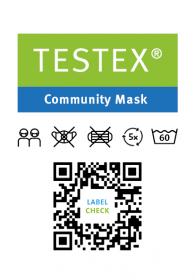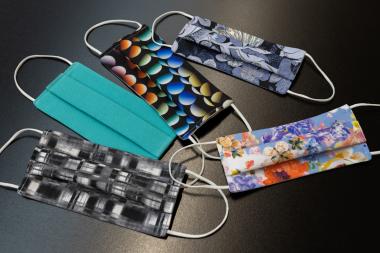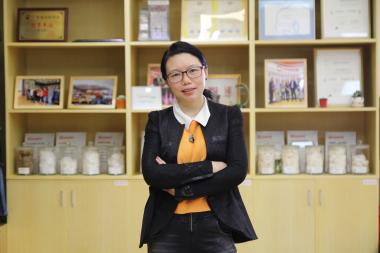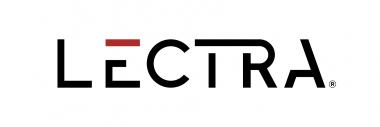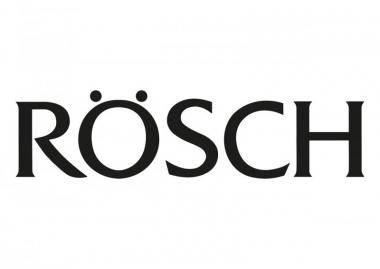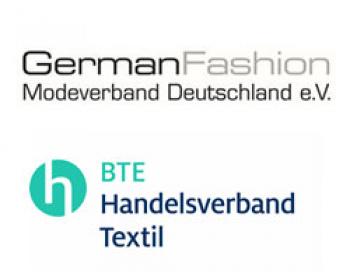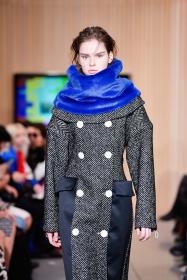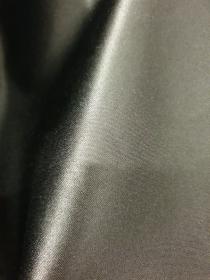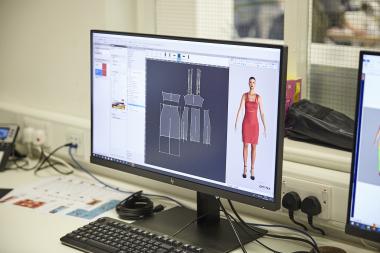Shima Seiki selects Archroma’s ‘Color Atlas’ library system for their new design software
Archroma, a global leader in color and specialty chemicals towards sustainable solutions, today announced that the 4,320 color references of its Color Atlas library have been selected by Shima Seiki and integrated into their ‘SDS-ONE APEX’ series of software for the design, planning and virtual sampling of textile and apparel.
Shima Seiki is a leading provider of digitally optimized solutions for the fashion industry, who combines its on-demand ‘WHOLEGARMENT’ knitting machine with realistic virtual sampling. Based on actual yarn data, fabric simulations generated on the SDS-ONE APEX-series are unparalleled in quality and realism. Design and simulation are available for knits and various other textile applications, and smooth transition to machine programming is possible for quick and accurate design-to-manufacture interface.
That is where the Color Atlas by Archroma® will considerably benefit to the users of Shima Seiki’s solutions.
The Color Atlas was launched in 2016 to provide fashion designers and stylists with off-the-shelf color inspiration that can be implemented in production with just a few clicks.
The Color Atlas continues to evolve in line with Archroma’s commitment to sustainability through innovation. The company describes it as “The Archroma Way to a sustainable world: safe, efficient, enhanced, it’s our nature”. All color references available in the Color Atlas have been formulated with products that comply with leading international eco-standards, and can be selected based on the desired sustainability profile.
Today, the Color Atlas contains 4,320 colors applicable on cotton poplin, almost the double compared to similar tools available to textile and fashion specialists. Technical support is available to designer, manufacturers, as well as brands and retailers, through Archroma’s global offices - for every single color from its selection to its implementation in production. Engineered color standards empowered by NFC technology are also available for all colors and reproducible in production.
With this new collaboration, the users of the SDS-ONE APEX design software of Shima Seiki will have at their disposal 4320 colors that they can visualize, evaluate and implement, in a considerably accelerated process from the first creative idea to the production to the final outlet, whether online or in brick-and-mortar shops.
“Accurate color evaluation and communication are very important issues for design work”, explains Hideya Ohtani, General Manager, Graphic System Development Division, at Shima Seiki. “We have high expectations for Archroma's Color Atlas to help our APEX series users develop their products in an even more smooth and accurate manner.“
“We are proud to bring our Color Atlas library to the users of Shima Seiki’s extremely advanced design software,” says Chris Hipps, Head of Co lor Management Services, at the Archroma Brand Studio. “Designers and users of the software will have at their disposal not only color options they never had before but also colors that they can trust will be implementable right away. That’s what we strive to do at Archroma: create a new way of working: safe, efficient and enhanced. It’s our nature!”












